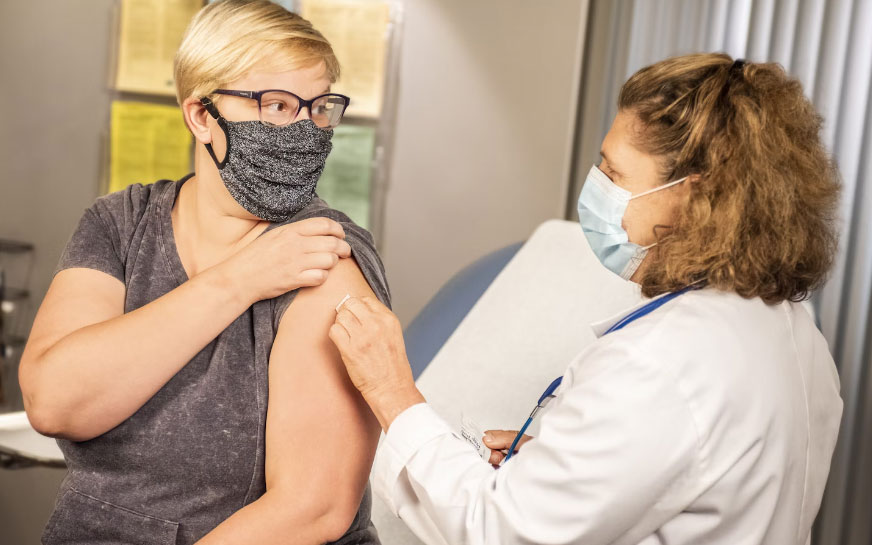
As we grow older,many things we take for granted can become more demanding. As people age, simple tasks such as buttoning clothes, moving up and down stairs, or maintaining balance. Some of these physiological inconveniences can be anything but minor.
Older adults may experience trouble swallowing foods or liquids, which is a condition known as dysphagia. While it becomes more common as people age, it can also be a symptom of stroke or dementia.
Understanding the Early Signs of Swallowing Problems
Swallowing problems can become noticeable in various ways, especially when rare occasions become recurring over time. For example, taking the extra effort to chew food can be a sign of a narrowed esophagus. This can also lead to coughing when eating or drinking too fast.
A person with dysphagia may also feel signs of chest congestion after eating. They may also lose a considerable amount of weight by choosing not to eat. These physical and behavioral changes can be slowly dismissed as signs of aging. Be sure to consult with a primary care physician not to self-diagnose any swallowing discomfort.
Pre-empting the Potential Risks of Swallowing Problems
Dysphagia may seem like a normal degradation of muscle function. However, it could be a potential symptom of strokes, brain injuries, Alzheimer’s, multiple sclerosis, and other conditions. Speaking with a specialist will help the person understand how dysphagia not only makes eating and drinking difficult but lead to other bodily complications.
If a person has difficulty swallowing, they’ll be less willing to drink or eat. Be sure to speak with your loved one about the swallowing complications they encounter and how long they have experienced it. This starts the conversation if swallowing problems can be altered by changing the diet, or if additional medical attention is required.
Receiving Treatment for Swallowing Problems
If a person is dealing with swallowing problems, they should first seek evaluation from a speech-language pathologist (SLP). These professionals evaluate an individual’s ability to perform certain tasks and may request tests to examine the throat. Through a video-fluoroscopic study, complications are detected, and an accurate diagnosis is formed.
The prognosis for dysphagia will vary, depending on the person’s age, health, and medical history. By getting an early evaluation, there’s a high chance of decreasing discomfort from the symptoms while improving swallowing capacity.
A simple strategy physicians may promote to manage dysphagia is to change a person’s diet. This will help a person swallow food that contains more manageable textures. An SLP may also suggest specific swallowing techniques to aid in safe swallowing. Through effective swallow rehabilitation, patients diagnosed with dysphagia may strengthen their swallowing muscles enough to regain their regular eating capacities.
Final Thoughts
As much as you would want to provide your aging family members the comfort they need, you must realize the limitations to your capacity. Some conditions require medical professionals to be present and ready to deal with emergencies when necessary. It’s beneficial to receive hospice services when someone is declining in health and referred to hospice by their primary physician. Hospice services started sooner, allows the family to experience all the benefits of hospice services to support the family and person on service.
Hospice facilities are not always for everyone, especially if your elderly loved ones prefer to stay around familiar faces. If you need hospice care at home, our team is ready to bring professional services to your living spaces. To learn more about our services, contact us at (470) 395-6567.
We live by the Golden Rule
Treat others the way you would like to be treated.







